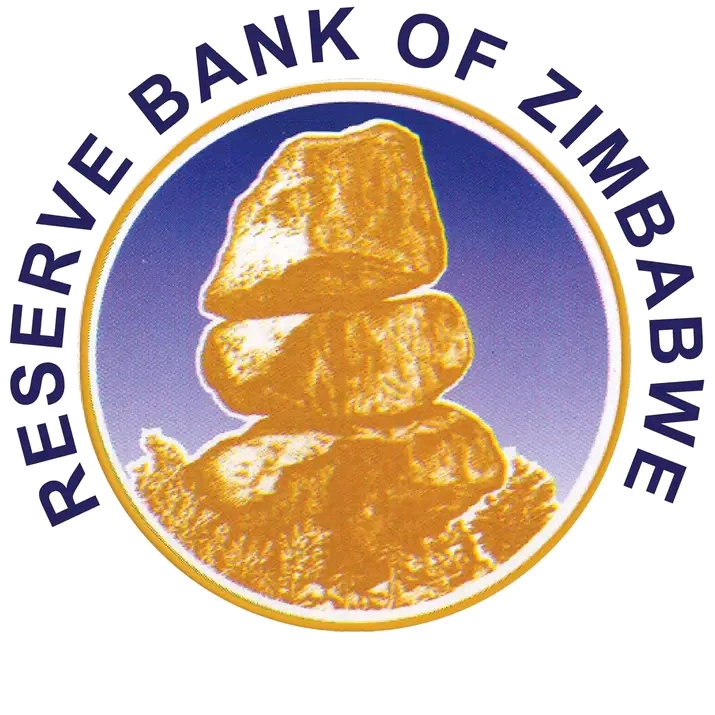Businesses will no longer face penalties for pricing their goods and services above the official exchange rate, following new regulations just published.
Statutory Instrument 34 of 2025, published on Wednesday, repeals SI 81A of 2024. Under SI 81A, businesses were deemed to have broken the law if they sold goods or services at a rate higher than the official interbank rate set by the RBZ.
Penalties under the old law included a fixed fine of ZiG200,000, or an amount equal to the foreign currency charged—whichever was greater. There would be a daily penalty of 5% of the unpaid fine, accruing for up to 90 days after a civil penalty order was issued.
This has now changed under the new SI, which drops the penalties altogether.
In its monetary policy statement in February, central bank rolled back some of its forex controls. When ZiG was launched last year, RBZ had imposed a 5% trading margin for the interbank market. This meant supermarkets, for example, could only price their goods within that range of the exchange rate. In February, the bank said this was “only applicable for the determination of the starting exchange rate, following the introduction of the new currency, ZiG” and said banks and businesses could trade “at a margin consistent with international best practices”.
In March, after some confusion on whether RBZ had allowed the rate to float freely, Mushayavanhu said the official rate “should be used to guide the pricing of all other goods and services in the economy”.
NewZwire (C)
